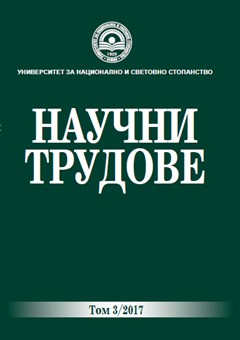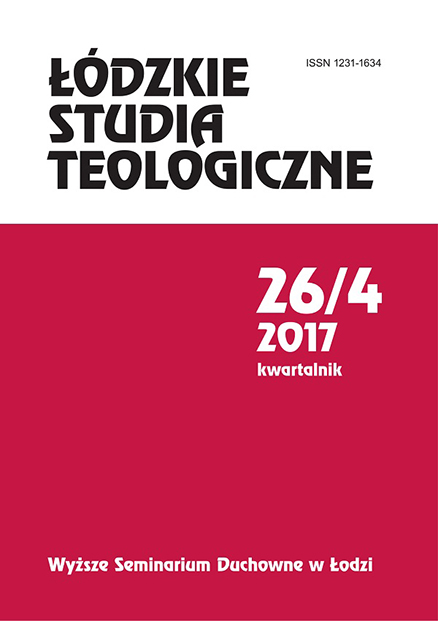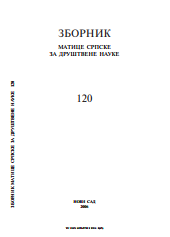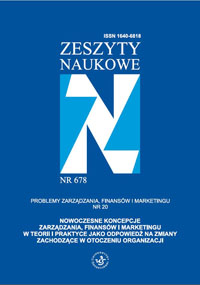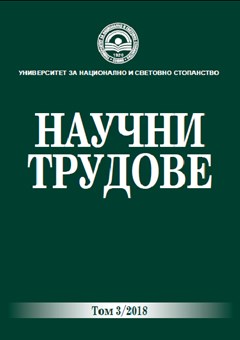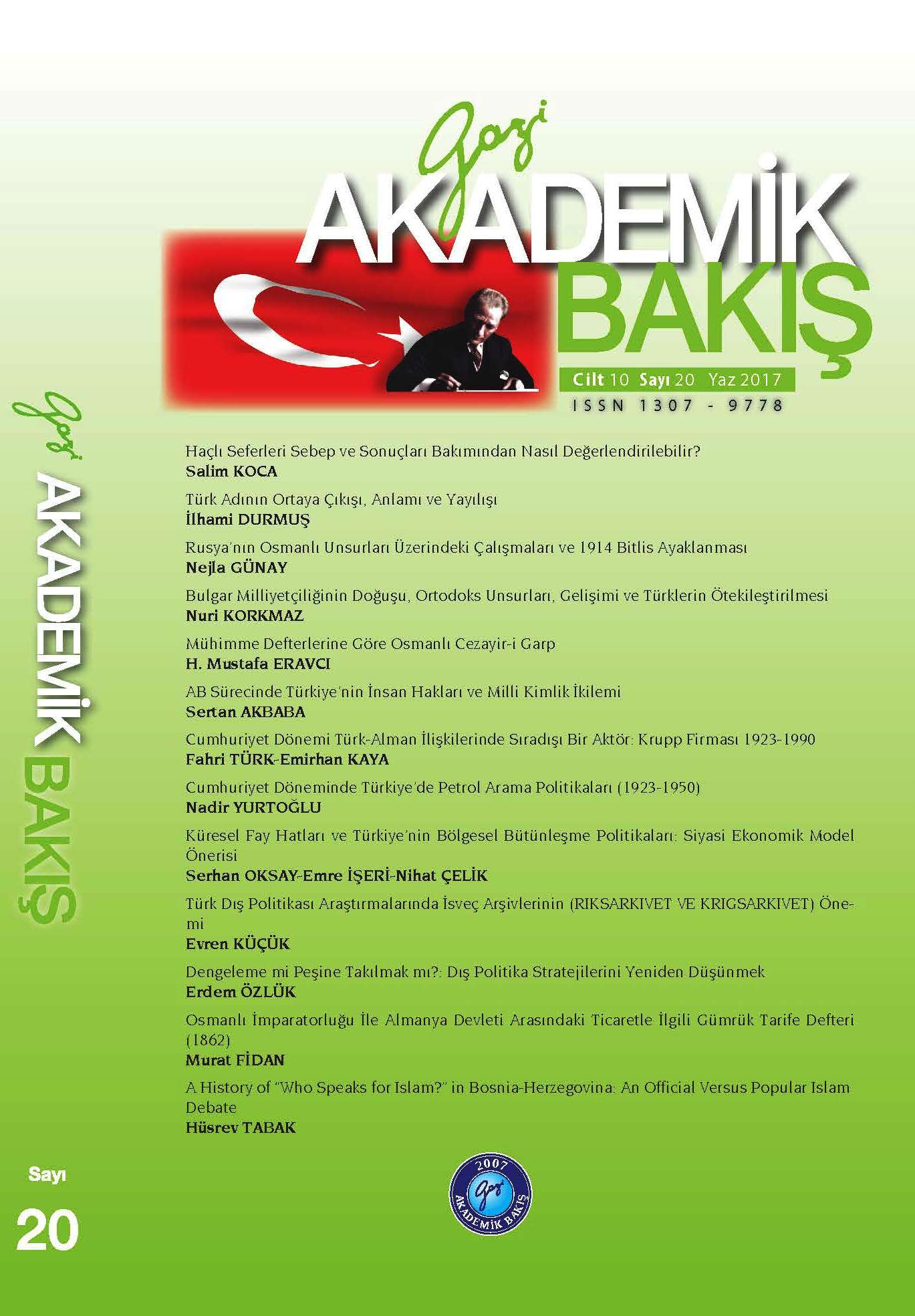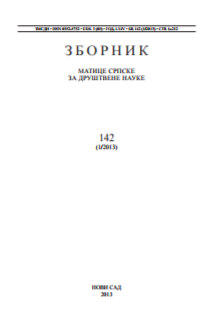
ТАДЕУШ КОВАЛИК – ВЕЛИКИ ПОЛИТЕКОНОМИСТ
The paper shows the life and work of Tadeusz Kowalik, one of the greatest Polish economists of the second half of XX and the beginning of XXI centuries. Born in the poor family, he early accepted the ideas of socio-democracy, which he combined with scientific activity during his whole life. He grew on traditions of O. Lange and M. Kalecki, and studied profoundly the work of Rosa Luxemburg. He was not only a great economist, but being a principled leftist, he also took part in the struggle to reform the hyper-centralized and bureaucratized economic and social system of Poland. Immediately after the political changes and the beginning of market reforms he distanced from the accepted reforms (Balcerowicz’s Program) becoming its sharpest critic. Kowalik adhered to the original leftist ideas from the initial period of the Solidarity activity. He was the irreconcilable opponent of the neoliberal economic theory, arguing in favor of pluralism and public debates on economic policy instead. He kept working by the same principles and with the same intensity until the end of his life.
More...
